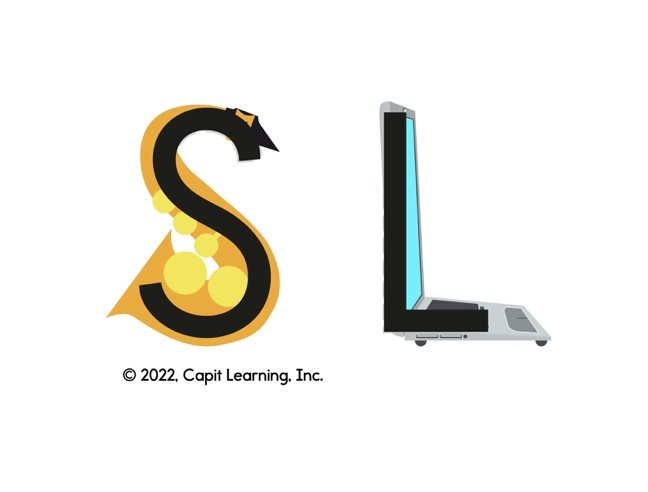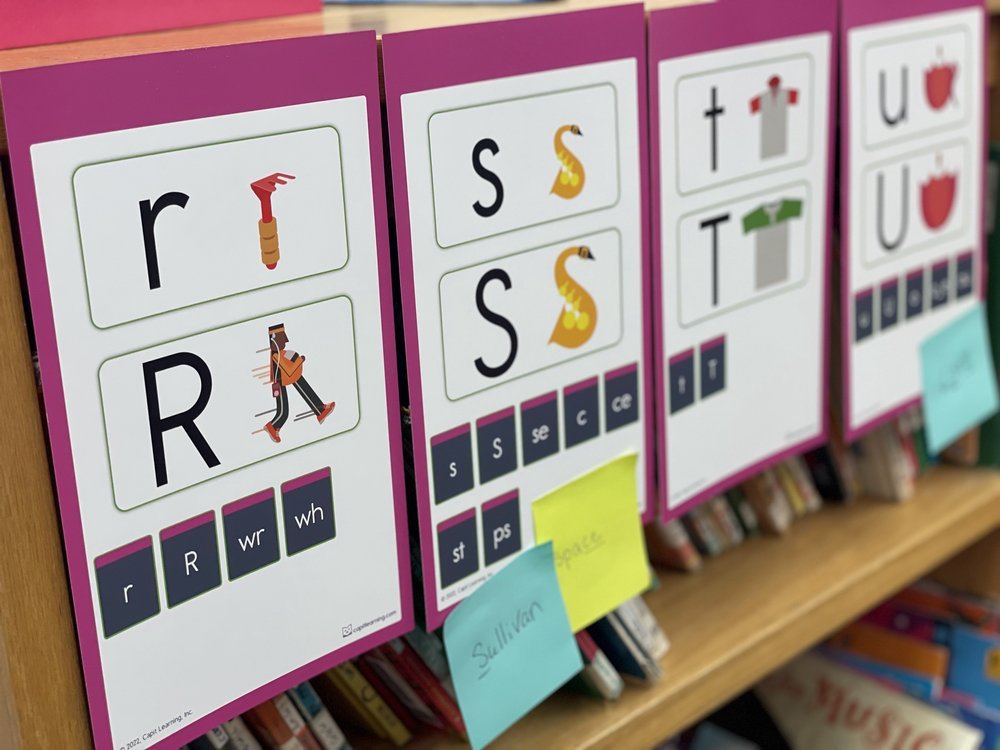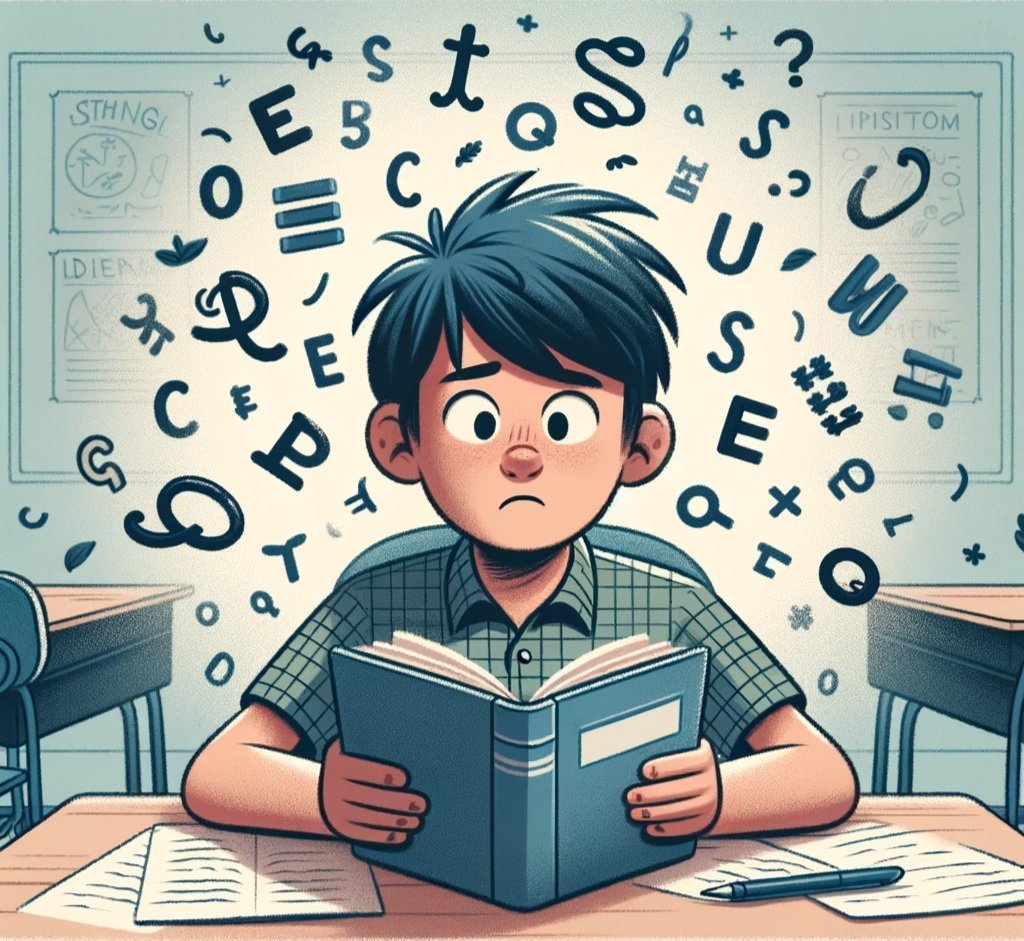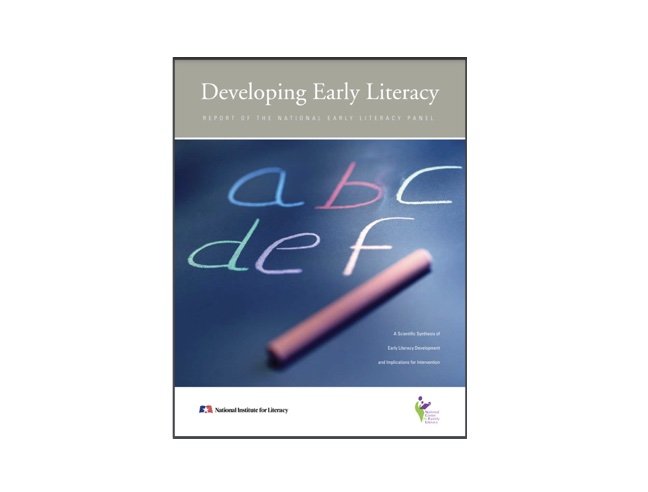

Everything You Need to Know About Phonics!
This blog post has two main goals:
To provide a concise overview of the nature and process of reading and the most effective ways to teach it.
To demonstrate that teaching reading is a straightforward and logical process that almost anyone can master.



3 Reasons Schools Need a Core Phonics Curriculum to Supplement Their Core ELA Program
The top three reasons every school should invest in a core phonics curriculum are to achieve the best literacy outcomes for all students.

3 Reasons Schools and Districts Hesitate to Embrace the Science of Reading
The Science of Reading, a comprehensive body of research on reading acquisition, is reshaping the landscape of literacy education. Despite its transformative potential, a significant number of schools and districts remain hesitant to (fully) adopt this approach. Unpacking the underlying causes of this reluctance is crucial for devising strategies to overcome it.

Letter Names or Letter Sounds?
Teachers with classroom experience—as well as reading researchers—know that letter names confuse some kids. These children internalize the names of the letters and have a hard time transitioning to letter sounds. For example, some students have a hard time learning that the letter "c" can represent the sound /k/ as in “cat” because they are stuck on the sound /see/.

The Value of Mnemonics for Teaching Letter-Sound Relations
Why Letters Make the Sounds they Do?
Why does the letter “s” make the sound /s/?
Why does the letter “L” make the sound /l/?
Kids ask tough questions.

The Truth about Phonemic Awareness
Question: Should schools invest in a dedicated Phonemic Awareness (PA) program to supplement their systematic phonics curriculum?

It's Time to Get Serious about Preschool Literacy Standards
More states plan to invest in preschool education with the goal of raising students' success in elementary school. But, if we expect to see results from this investment, we must get serious about preschool literacy by setting high standards, clear expectations, and robust teacher training programs. Adding another year to schooling may have some benefits, but unless we fill the day with researched-backed literacy activities, I am afraid the effort will bear little fruit.

